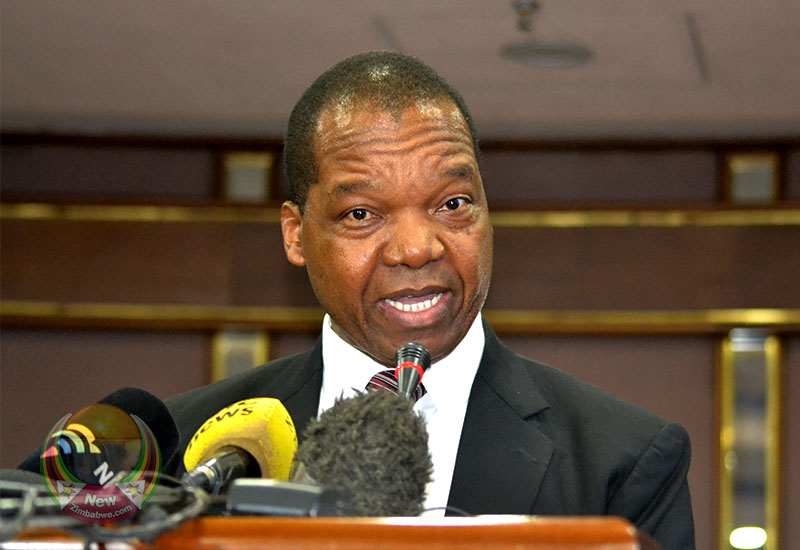The Reserve Bank of Zimbabwe (RBZ) has lifted its ban on the use of foreign currency in carrying out domestic transactions saying this was to facilitate ease of transacting during the current coronavirus period.
The surprise policy pronouncement is among a slew of measures introduced by the apex bank in the ostensible attempt by Zimbabwean authorities to prepare the nation for financial pressures brought by the global pandemic.
In a Thursday statement, central bank governor, John Mangudya said the directives come into effect immediately. “Government through the RBZ would like to advise the public that it is making it easier for transacting public to conduct business during this difficult time by making available an option to pay using free funds (foreign currency) for goods and services chargeable in local currency,” he said.
He said the use of free funds by the transacting public will promote the recommended social distancing within the country’s often crowded banking halls. This, according to the bank, will allow depositors of foreign currency to use their bank balances to transact directly through digital means without having to go to the bank to exchange their funds using interbank rates.
These include producers of Gold, tobacco and cotton and recipients of diaspora remittances. The RBZ also suspended the managed floating exchange rate system which was incepted by Finance Minister Mthuli Ncube recently.
The move, according to RBZ, will provide greater certainty in the pricing of goods and services in the economy. “The bank, with immediate effect adopted a fixed exchange rate system at the current interbank level of $25 against US$1.
“This measure will be reviewed when the markets stabilises from the effects of Covid19,” said Mangudya. However, the RBZ move could be construed in other quarters as an indirect reversal of government’s unpopular decision last year to dump the multi-currency regime in favour of a very fragile local currency.
Since its introduction against strong public sentiment, the Zim-dollar has seen its value plunge with clear signs the country was heading back to the 2008 period in which locals carried bags of cash to carry out basic transactions.
This news was Culled from All Africa. Click here to view more.

